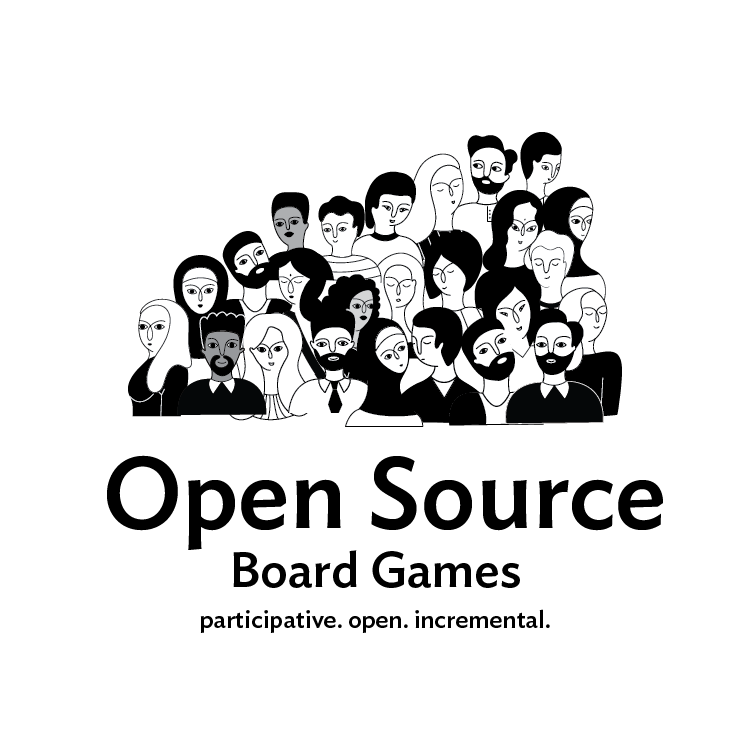Games have a way of lending insights towards tricky problems that tend not have binary solutions but need to have a negotiated settlement. History is one such a problem area. There are numerous contested histories and arriving at a commonly accepted version is often difficult. Games are very good at arriving at negotiated settlements and prototyping them before they are applied in real life.
When games are ready and are played, they also tap the unspoken or rather unspeakable amongst the players involved. Gameplay sessions are really performances which are ready to be recorded in order to be later observed. These games meant for performance are also systems which are playable by themselves in the absence of any observer/analyst.
As pedagogic tools, games are systems to introduce the conversation, the narrative as well as the response. All these three levels of reality are important to know because very few real-life scenarios are static. They are dynamic systems that have different perspectives of themselves. These different perspectives can only be known on engagement and do not transmit well over modes that do not allow for interaction.
I am talking about educational games or games with context here. Such games can have the objective of discussing a topic. Games can be collaboratively built by teachers, game designers and others. This is a significant outcome as this is genuinely useful and contrary to the existing scenario. Presently designers or entrepreneurs make games and teachers and other kinds of roles are simply end-users.
Board games will be available as open source entities under a license that guarantees free (free/libre as in freedom) sharing and sharing of derivative works. Many Creative Commons licenses are such licenses.
The contexts of some open source board games that I plan to start working with are: history (as mentioned above), environmental awareness, freedom of religion, promoting the reading habit in children, warm up games that can be played before lessons start.
Making contextual board games that are co-developed with the user community and other interested individuals will be a significant factor in helping the games become responsive to actual behaviour/perspective change objectives.
The process for developing these games will be as follows:
- Background research
- Development of brief
- Game iterations development with students (from Prayas Abhinav’s classroom)
- Recruitment of contributors
- Recruitment of playtest volunteers
- Public playtests as events
- Release of the first version of the board games
- Fundraising for further development of the games
Behaviour/perspective change in a community is an objective that stakeholders can have for the communities they work with. This can be linked to cultivating inclusiveness, resolving conflict and maturing. I will conduct interviews with end-users and stakeholders both before and after developing and playing the board games so that I can get a handle on the impact that the games have.
Open source board games will be a step towards treating games as more than commodities/products and as tools of change agents and their objectives.
